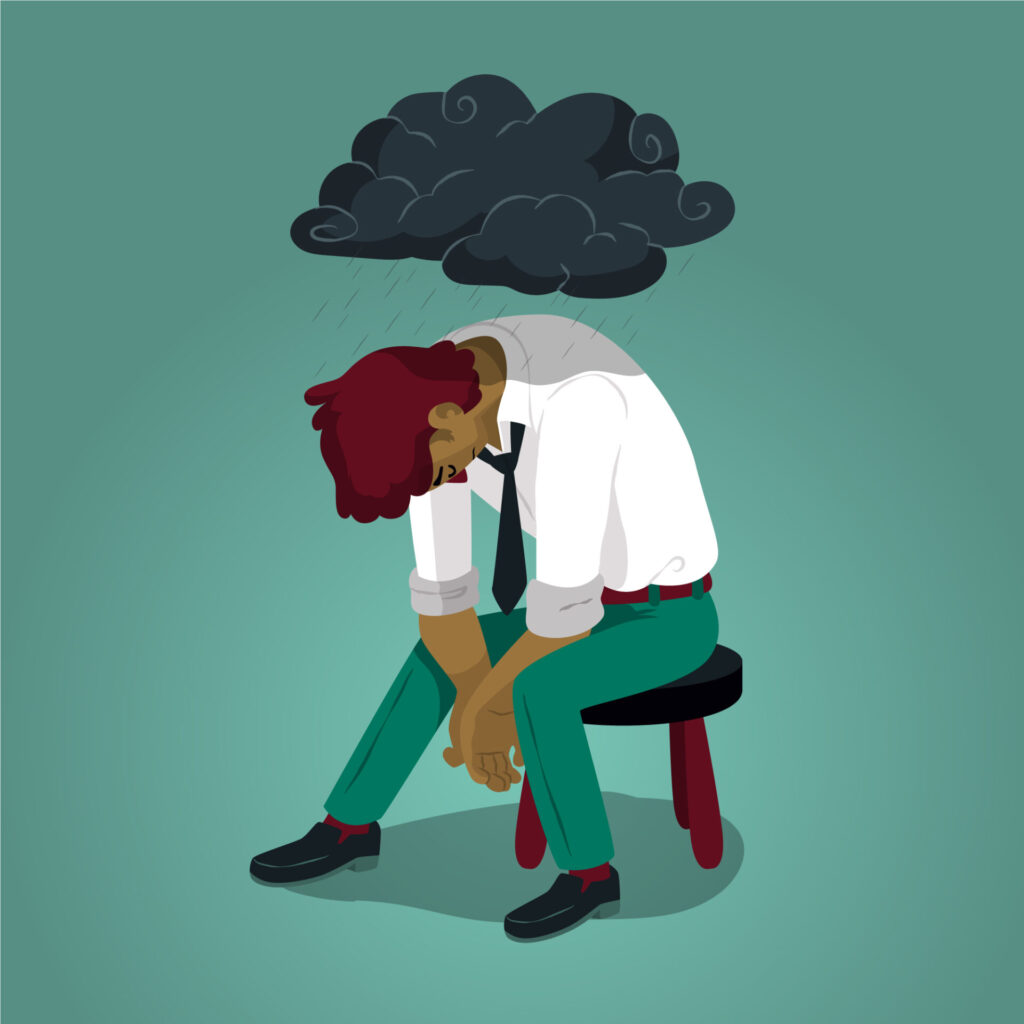Advanced Practice Nurses (APNs), which include Nurse Practitioners (NPs), Clinical Nurse Specialists (CNSs), Nurse Anesthetists, and Nurse Midwives, play a critical role in treating depression. As healthcare providers with superior schooling and clinical education, they may be well-prepared to manage and treat intellectual fitness conditions, such as depression. Here’s how APNs can approach the remedy of melancholy:
Assessment and Diagnosis:
Comprehensive Evaluation: APNs carry out thorough checks, which includes an in-depth history and bodily exam, to pick out symptoms of despair. They may use standardized screening equipment like the Patient Health Questionnaire (PHQ-nine) to assess the severity of despair.
Differential Diagnosis: They compare for other capacity reasons of depressive symptoms, consisting of clinical conditions (e.g., hypothyroidism) or substance use, and differentiate among sorts of depressive disorders (e.g., most important depressive disease, dysthymia).
Treatment Planning: Individualized Care Plan: APNs expand personalized treatment plans based on the severity of the depression, affected person choices, and any comorbid conditions. They don’t forget both pharmacologic and non-pharmacologic treatments.

Medication Management: APNs can prescribe antidepressant medications. They select suitable medicines primarily based on elements like affected person history, side effect profiles, and capability interactions with different medicinal drugs.
Therapeutic Interventions: Psychotherapy: Some APNs are skilled in presenting psychotherapy, along with cognitive-behavioral therapy (CBT), interpersonal therapy (IPT), or other evidence-based totally processes. They may also provide those remedies themselves or refer patients to mental fitness professionals.
Lifestyle Modifications: APNs often endorse on lifestyle adjustments that can help alleviate signs of depression, along with ordinary physical hobby, a wholesome food regimen, ok sleep, and strain control strategies.
Monitoring and Follow-Up: Regular Follow-Ups: APNs screen sufferers’ development through everyday observe-up appointments, adjusting treatment plans as necessary. They music symptom development, remedy adherence, and any aspect outcomes.
Collaboration with Other Healthcare Providers: They may collaborate with psychiatrists, psychologists, primary care physicians, and different healthcare specialists to ensure complete care.
Patient Education and Support: Education: APNs teach sufferers and their families about despair, treatment options, and the importance of adherence to treatment plans.
Support: They offer emotional help and inspire sufferers to have interaction in supportive activities and make use of assets including guide organizations.
Crisis Management: Suicide Risk Assessment: APNs are educated to evaluate and manipulate suicide hazard. They expand safety plans and offer or arrange for immediate interventions if a patient is in crisis.
APNs play a vital position within the holistic management of depression, addressing each the bodily and psychological factors of the circumstance. Their comprehensive method helps to make sure that patients receive the right care and help had to control and improve their mental health
how long does ketamine work for depression?
Ketamine, used as a treatment for despair, generally works incredibly speedy, with outcomes often substantive inside hours. However, the duration of its antidepressant outcomes can range:
Immediate Effects: Some sufferers may also start to sense comfort from depressive symptoms within hours of receiving a ketamine infusion or nasal spray.
Duration of Relief: The antidepressant effects of a unmarried ketamine remedy commonly ultimate from several days to more than one weeks. Most patients revel in comfort for about 1 to two weeks after a unmarried administration.
To maintain the advantages, repeated remedies are often important. Maintenance schedules vary, however they might include:
Acute Phase: Multiple treatments over a duration of several weeks (e.G., two times every week for two-four weeks).
Maintenance Phase: Follow-up treatments every few weeks or months, relying on individual reaction and scientific hints.
The exact period and frequency of ketamine treatments for despair are tailor-made to each affected person’s needs and their reaction to the remedy. It is likewise common for ketamine for use along with other treatment plans, together with traditional antidepressants and psychotherapy, to optimize and prolong its beneficial effects.
Regular observe-up with a healthcare provider is vital to monitor the consequences and make any essential modifications to the treatment plan.
how to help an adult child with depression
Supporting a person baby with despair can be hard however also immensely rewarding. Here are numerous steps to help a grownup toddler manipulate their depression:
Educate Yourself
Understanding melancholy is important. Learn about its signs and symptoms, causes, and treatment alternatives. This expertise permits you to provide knowledgeable aid and empathy.
Open Communication
Listen Without Judgement: Create a safe space on your toddler to talk approximately their feelings without fear of criticism.
Express Concern and Love: Let them realize you care and are there for them.
Avoid Offering Quick Fixes: Depression isn’t always something that may be solved with simple advice.
Encourage Professional Help
Therapist or Counselor: Encourage them to look a intellectual health expert.
Medication: They may additionally want to consult a psychiatrist for medicine.
Support Groups: These can offer extra emotional assist.
Support Healthy Habits
Routine: Encourage a daily routine to provide shape.
Exercise: Physical hobby can improve temper.
Nutrition: Encourage a balanced weight loss program.
Sleep: Help them establish regular sleep patterns.
Help with Daily Tasks
Assist with Chores: Depression could make even small responsibilities overwhelming.
Accompany to Appointments: Offer to go together with them to doctor or remedy appointments.
Be Patient and Persistent
Recovery from depression can take time. Be patient and hold providing aid, even though progress appears sluggish.
ketamine troches dosage for depression
Ketamine troches (or lozenges) are a form of ketamine administered orally, often used off-label for treating depression. The dosage and administration have to be cautiously tailor-made through a healthcare company, normally a psychiatrist or a doctor experienced in using ketamine for despair. Here are some well-known tips:
Dosage Guidelines
Initial Dose: The starting dose of ketamine troches for melancholy frequently ranges from zero. Five to at least one mg consistent with kilogram of frame weight. For instance, a 70 kg (154 lbs.) person may begin with a dose of 35 to 70 mg.
Titration: The dose may be adjusted based at the character’s reaction and tolerance. Adjustments are generally made in small increments, and the affected person is carefully monitored for aspect consequences and efficacy.
Administration: Troches are normally dissolved slowly within the mouth (buccal or sublingual administration) to enhance absorption and decrease gastrointestinal facet outcomes. The onset of outcomes may be slower compared to intravenous (IV) administration, typically taking about 20-half-hour.
Frequency: Ketamine remedies for depression are often given in a sequence, together with two times per week for 2-four weeks in the course of the intense section. Maintenance doses is probably spaced out to as soon as each 1-four weeks, depending on the affected person’s desires and response.








